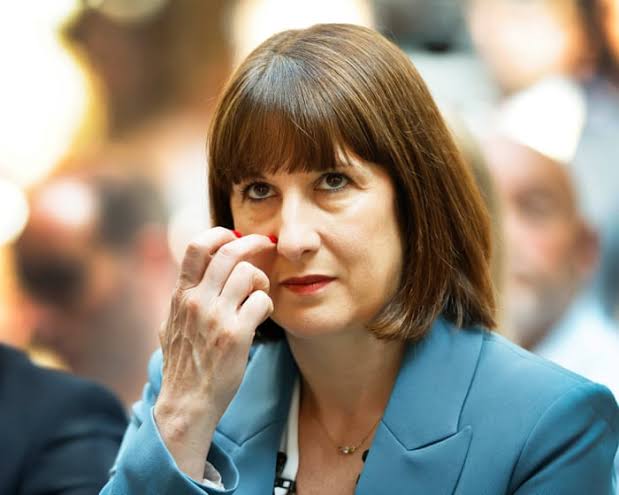Britain’s government bond markets came under renewed strain on Tuesday, with yields on long-dated debt rising to their highest levels in decades and the pound weakening.
These challenges facing Chancellor Rachel Reeves as she prepares for the autumn budget.
The yield on 30-year gilts surged to 5.723%, the highest since 1998 signalling higher borrowing costs for the UK. The 10-year gilt yield, closely watched by the Office for Budget Responsibility (OBR) for long-term forecasts, also climbed to its highest level since January.
Officials insisted the latest moves were part of a wider global trend, as yields jumped in the US, Germany, and France amid concerns about erratic US fiscal policy. But with the UK already spending over £100bn a year servicing its debt, the spike highlights the Treasury’s limited room for manoeuvre.
The pound tumbled by more than 1.5 cents against the dollar to $1.3390, its steepest fall since April, when Donald Trump launched his trade war, adding further pressure on Reeves.
The turbulence followed a reshuffle inside No 10, with Prime Minister Keir Starmer moving Reeves’s deputy Darren Jones into a senior role and appointing ex-Bank of England deputy governor Minouche Shafik as a top economic adviser.
The changes have fuelled speculation Reeves is being sidelined, a factor some analysts say is unsettling bond investors.
Kathleen Brooks of XTB noted: “The last time Reeves’s position looked vulnerable, bond yields jumped as markets feared she could be replaced by a more spendthrift Labour figure. We’re not yet at Liz Truss levels of stress, but the Starmer moment for markets could be looming.”
Reeves has defended her strict fiscal rules requiring day-to-day spending to be covered by tax revenues and debt to fall as a share of GDP within five years as a reflection of investors’ limits. But with weaker productivity forecasts expected from the OBR, analysts predict she may need to raise £18–28bn through taxes to maintain her headroom.
Reports of possible tax hikes on banks and property have rattled markets, even as Treasury officials seek to calm speculation.
Ministers insist changes will target economic efficiency, while Reeves focuses on lifting productivity.
Further spending cuts appear unlikely after Labour MPs forced Downing Street to abandon £5bn in planned disability benefit reductions earlier this year. That leaves taxes as the likeliest lever to shore up the fiscal position.
Meanwhile, investors turned to safe-haven assets. Gold hit a record $3,508 (£2,607) an ounce, and silver topped $40 for the first time since 2011.
Global factors are compounding the UK’s woes. Trump’s tax-and-spend policies are set to add trillions to US debt, while his attacks on the Federal Reserve’s independence have shaken confidence worldwide.
For Reeves, the clock is ticking, with a budget expected in mid-November, her scope for bold policy moves is narrowing just as markets grow more volatile.



